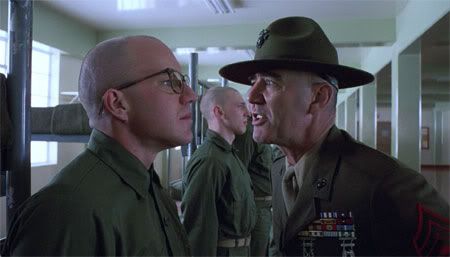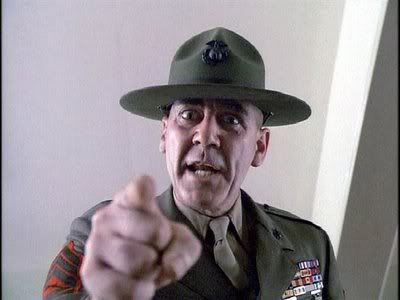
There’s been a lot of Star Trek in my apartment lately. I’ve been introducing my wife to Deep Space 9, playing the open beta of Star Trek Online and bringing up Day Job Orchestra on YouTube when my recent negative moods have needed a little buoying. One thing that’s said quite often in Star Trek is that the ship needs to plot a course somewhere. Coincidentally, so do I, and you might find you need to as well.
I mentioned Tuesday that I have a to-do list for my largest current writing project. In case you missed it, here it is again:
- Get plot points vetted.
- Generate dramatis personae document.
- Work out rules of languages & magic.
- Write the damn thing (target word count:125k)
- Find
an agenta publisher.
I was linked an article written by Stephen King which said that finding an agent for your first novel is often an exercise in futility. Agents work on commission, after all, and 10% of nothing is… well, nothing. That’s why the last point changed. But the fact I want to highlight here is that I have points. There’s a plan here.
The general premise of this story is something that’s been kicking around since I wrote it out as a short work some years ago. Some of the concepts are the same, but as I’ve changed as a writer, so has the story. If I’m going to go with it as my primary long-term project as described over at Terrible Minds, I want to make sure I have a plan for taking it from beginning to end. But at the same time, I know all the planning in the world won’t help me unless I know at what point to stop planning and start writing.

So, by all means, plan your story. Lay out a course for the plot from the opening scene to the final line. Sketch out your characters and locations. Set the stakes for the characters and know when they’ll be raised. Figure out what your story’s going to be about…
…But at some point you have to stop.
It’s hard to say when the time will be right for you to shift from planning to writing. The more you plan, the more smooth the writing process should be. But plan too much, and you’ll get caught up in the planning, which presents obstacles to writing ranging from always feeling you have more to plan to finding snags or holes in the plot that may appear insurmountable that torpedo the work before you even really get started on it.
Don’t forget that the end goal, here, is to write something for other people to read. Nobody’s going to be interested in reams of notes for a story that never got off the ground, unless you’re J.R.R. Tolkein or Frank Herbert. When you plan to write, be sure to work writing into your plan.
But now we’re getting into planning your plan, and I’m going to quit before my brain starts to hurt.



January 21, 2010 at 12:52 pm
I find that once I have a plan done… I don’t write. It’s a pain in the ass, too. I start looking at other things, then plan them out. I think, with me, the planning process is nice and safe but once you commit to it… well, when your done you have to risk rejection.
I hope you don’t fall into this same trap. It’s trying to kick me in the ass right now.
January 21, 2010 at 2:17 pm
Unless you’re Stephen King or a contract lawyer, I wouldn’t advise going about it without an agent. There are about a million reasons, including that agents will negotiate for better deals and that you really need an advocate in any situation with major contracts.
If you approach publishers alone, you lack the credibility to pique their interest, and if you do, they’ll expect you to do a lot of legwork. They might ask you to pay an editor in advance, for example. They’ll also expect you to spend your advance advertising your work.